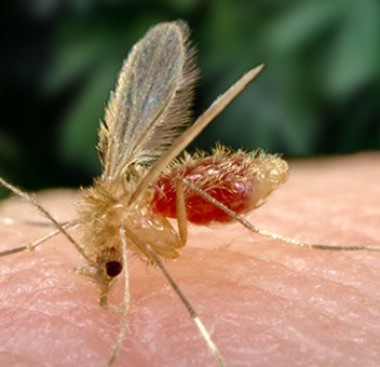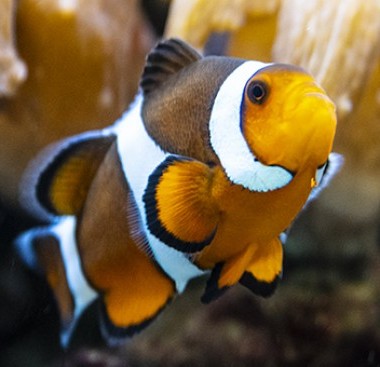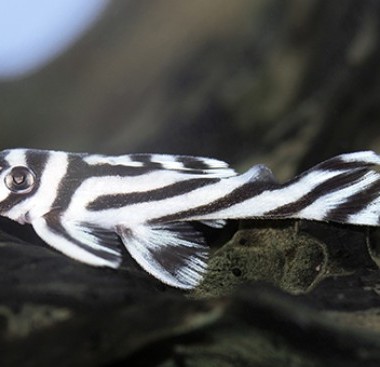Field Trial Battles Began in Illinois
By: Staff Date: 01/13/2012 Category: | Animal Rights Extremism | Wildlife Journal |
Field Trial enthusiasts across the US are fighting to keep public areas open for their sport, but the US Fish and Wildlife Service is thwarting their efforts.
The first shot in the FWS fight against field trials was fired in 1998 1 at the Green River Wildlife Area in northern Illinois, a site that one FWS spokesman admitted would be used to set a precedent for the nation. What most field-trialers don't know is the long and convoluted history in Illinois that led up to the Green River field trial ban.
Illinois was once known for its many premier horseback field trial grounds. Although the federal government had banned field trials at the Crab Orchard National Wildlife Refuge in the 1970s, the state still had several championship-quality sites, and the sport thrived in the 1980s.
On March 23, 1992, employees at the Illinois Department of Conservation (now the Illinois Department of Natural Resources) were instructed to draft a letter for Brent Manning, the new director, stating that "field trials do not significantly contribute to division and department goals." This memo was sent in response to goals set by the department earlier that month that targeted the "elimination of horseback field trials on five department sites."
The battle begins
Shortly after the memo was sent, the department began a controlled burn at Green River State Wildlife Area during the running of the German Pointing Dog National Championships.
Field trialers fought back. In response to the threat to their sport, they were able to get legislation introduced in the state Senate that guaranteed five sites in Illinois for horseback trials. With considerable support from a powerful state senator and other elected officials, the legislation passed and field-trialers breathed a sigh of relief.
Since that time, the state's Department of Conservation and later the Department of Natural Resources chipped away at the law through its administrative rules, miring the trial-scheduling process in bureaucratic red tape and shortening the time it will allow field trials on state grounds. State Senator Babe Woodyard, the man who had championed the field- trialers' cause, passed away in 1997; with his death, it seemed that the IDNR saw a green light to try again to resume its onslaught against horseback field trials.2
IDNR approved construction of a major road bisecting the field trial grounds at Wayne Fitzgerrell State park in southern Illinois, once one of the finest field trial venues in the US. It then banned car galleries and has tried to limit the number of riders in horse galleries.
Although he was well-respected among all hunting dog groups and knew the field trial scheduling process inside out, the department's only expert on hunting dog sports was transferred to another division in the agency. This transfer was in violation of the department's written policy of placing knowledgeable people in positions to advise other personnel on matters they might not be familiar with. The man who took his place was a political appointee who knew next to nothing about field trials. In some cases, championships were bumped from traditional sites to inferior grounds.
Federal involvement
IDNR even went so far as to ask the US Fish and Wildlife Service to rule on whether any organization could hold an event on a site funded by federal aid 3 money if the organization did not have a non-discrimination clause as part of its bylaws. The answer was yes, IDNR could indeed prohibit a group from holding a field trial without the required nondiscrimination clause.
Field trialers easily eliminated that threat by adding the required nondiscrimination clause to their by-laws.
Eventually, Manning went to USFWS again and asked for a ruling on whether field trials could be held at Green River. The answer was "no," that field trials held at the site were in violation of its federal aid rules. Manning's query came at an opportune moment for USFWS as that agency was in the process of finalizing its nationwide policy regarding recreational activity on state grounds purchased or managed with federal aid funds. In that policy, only hunting and fishing are considered primary activities at these sites, and according to USFWS, hunting dog field trials are not hunting-related activities, they are recreational activities.
USFWS ruled that field trials were being held as a primary activity at Green River, a violation of that policy. Therefore, the agency told Illinois that it would withhold all federal aid to the state - a total of $3.2 million - until horseback field trials were banned at Green River.
The FWS also ruled against controlled pheasant hunting in its audit of Green River. The state once ran the hunts, but Manning pushed to have them turned over to private interests a few years ago even though field trialers warned the department that commercial hunts would violate federal regulations.
Results
Although department actions have damaged the field trial industry in Illinois, IDNR's real target in the beginning was horses, not dogs. The department didn't just ban horseback field trials at Green River, it banned all horse use even though the USFWS ruling affected only the field trials. In fact, the FWS clarified its position at Green River by stating that trail riding is an acceptable activity.
Field trials were seen as a weak link by IDNR, so the department went after it first. Some field trialers have said that the initial victory of the field trial community in the legislature turned the elimination of horseback trials into a personal vendetta by IDNR's director. Unfortunately, IDNR opened the door for USFWS to launch its campaign against field trials across the nation.
Notes
- M. Jayn Bigler, founder of The Standard: Sport and Companion Animal News, a newspaper for sportsmen and pet owners in Illinois and surrounding states, broke the story forecasting that USFWS would use Green River as a model for closing public lands to field trials across the nation. "USFWS 'opinion' could set national precedent for field trials" appeared in the August 26, 1998, issue of The Standard.
- Bird dog enthusiasts are not the only group of field trialers that has had problems with IDNR, although other battles have not been on the same scale. Beaglers have seen rabbit habitat destroyed in an effort to remove non-native plants, and IDNR's actions often seem more geared to preservation and restoration at wildlife areas than to game management.
- Green River and other state wildlife areas are funded in part by Pittman-Robertson and Dingell-Johnson funds, the money provided by taxes on hunting and fishing equipment.
Field Trial enthusiasts across the US are fighting to keep public areas open for their sport, but the US Fish and Wildlife Service is thwarting their efforts.
About The Author
All Authors Of This Article: | M. Jayn Bigler |












